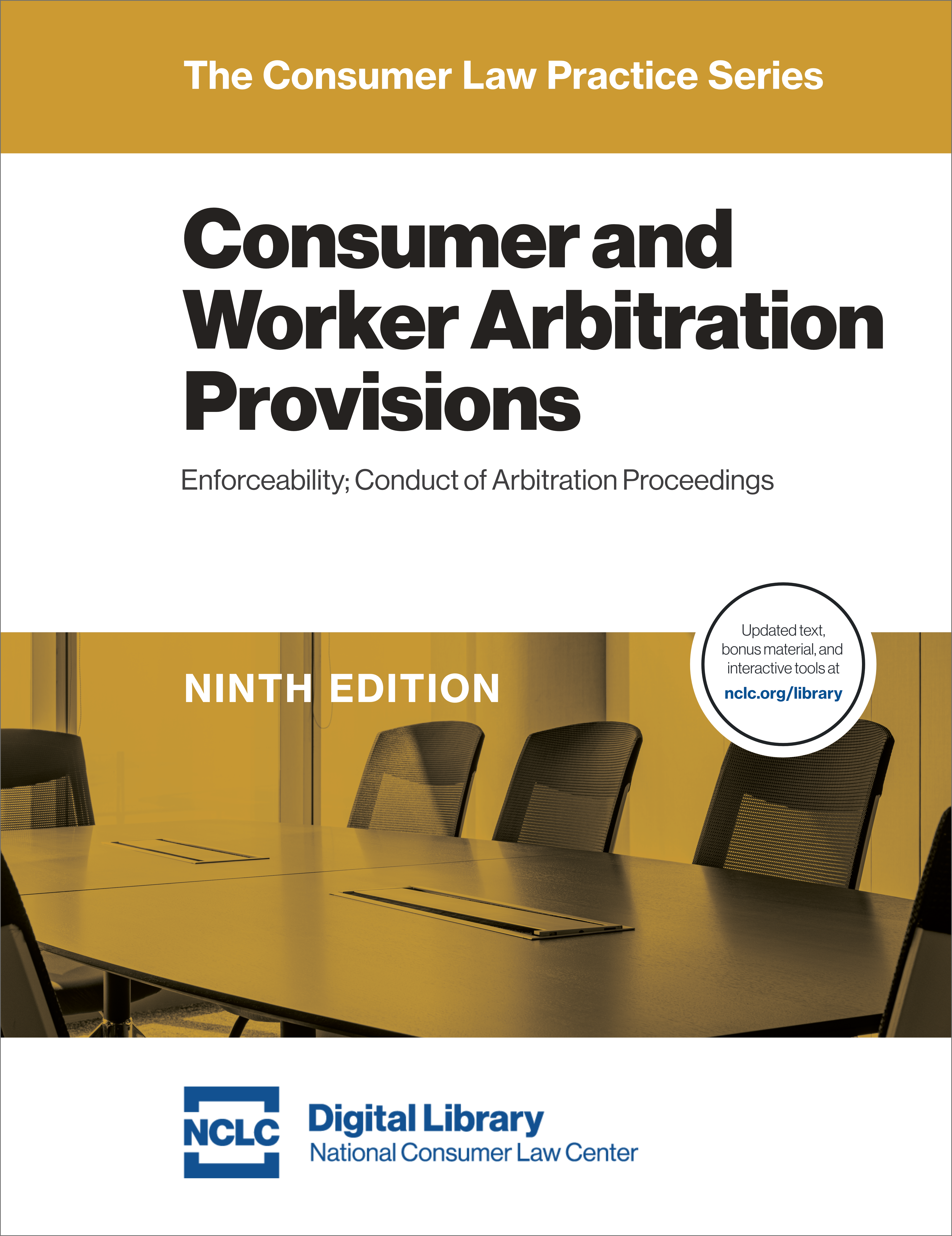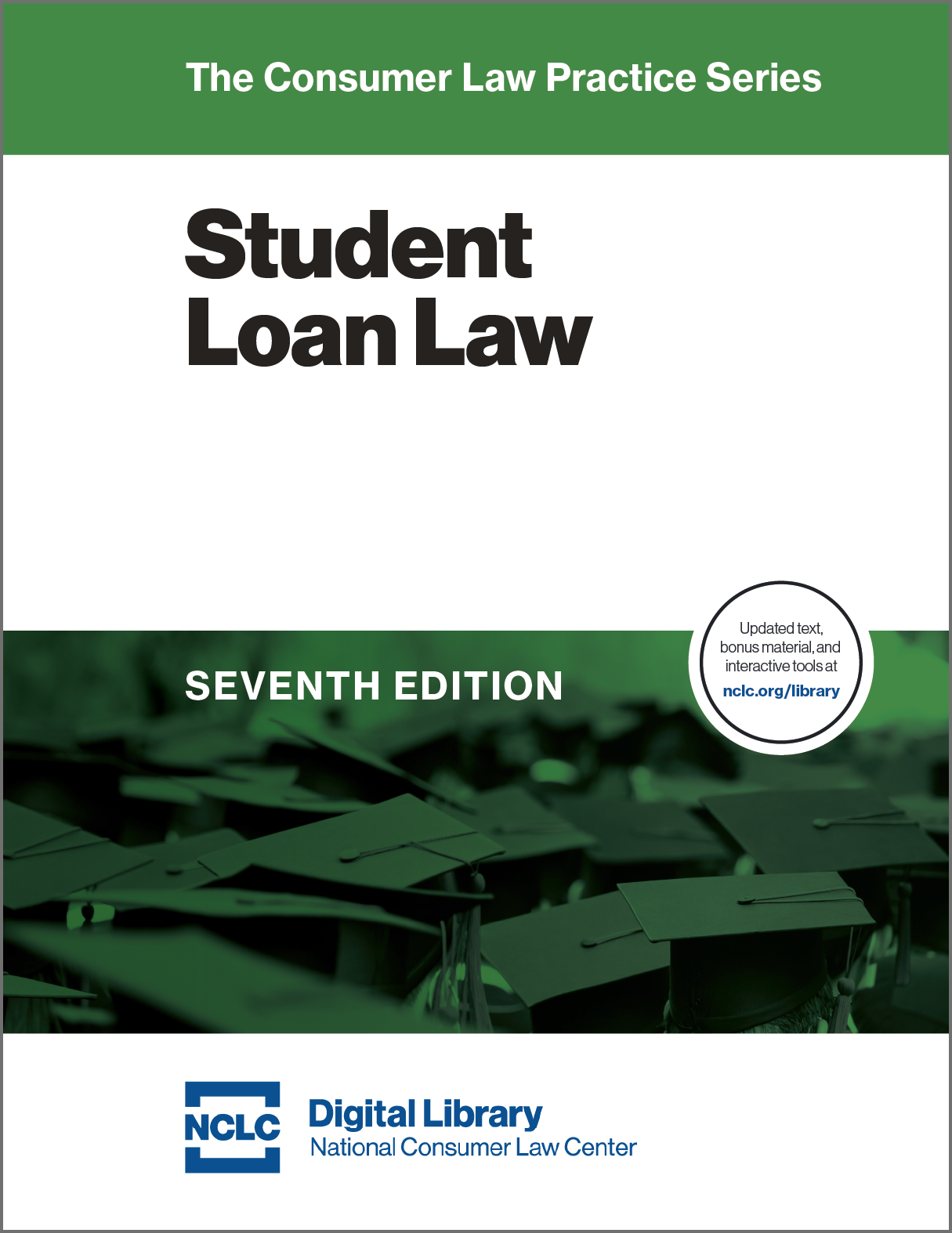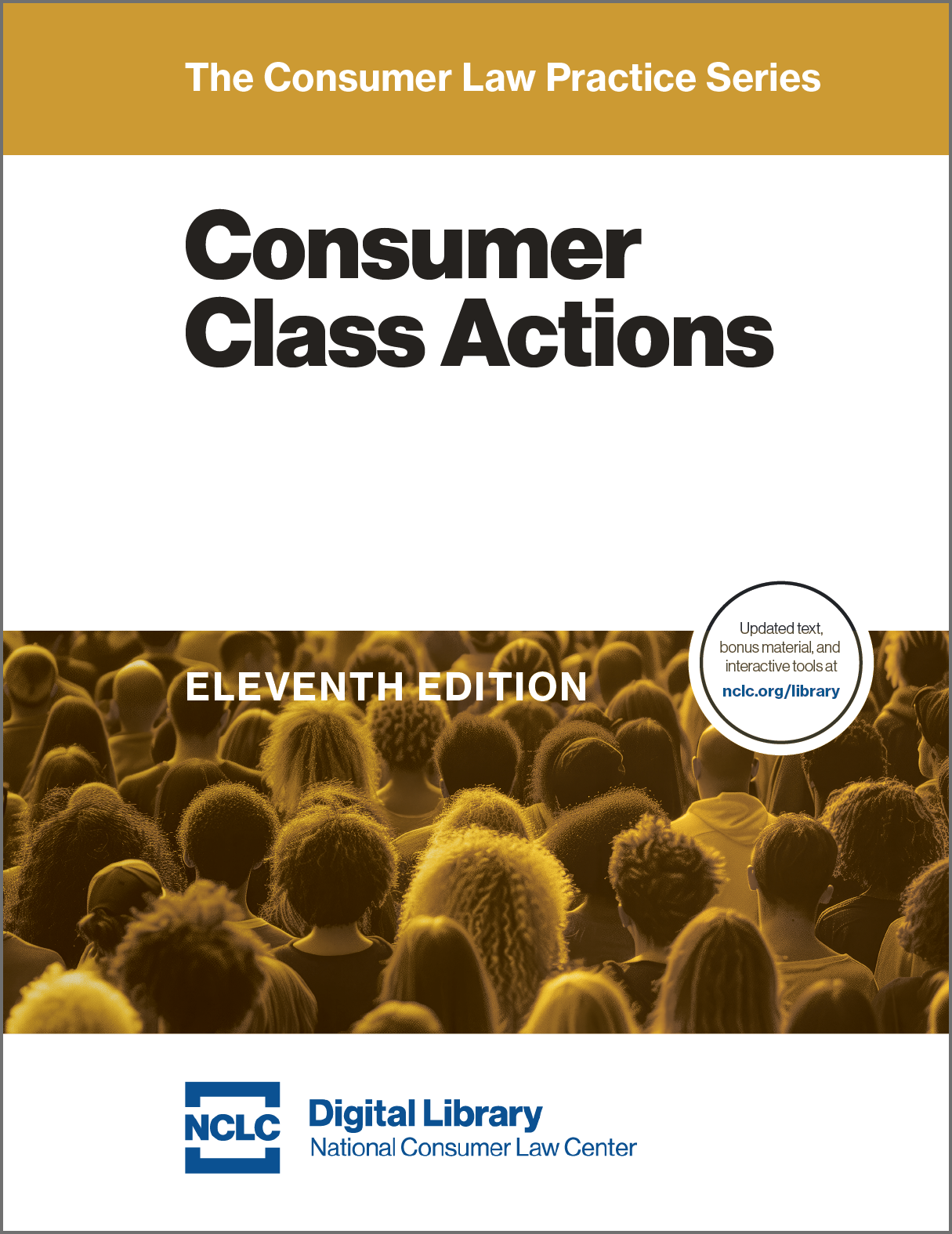Challenging Electronic Assent to Arbitration, Robocalls, and More
Increasingly, companies seek to bind consumers to arbitration, consent to robocalls, and other terms and conditions through the consumer’s actions on a website. This article reviews an important January court decision, describes surprising facts about bots and “click farms,” and sets out a series of practical steps to challenge consumer assent to terms found on a website.Challenging Electronic Assent to Arbitration, Robocalls, and More



